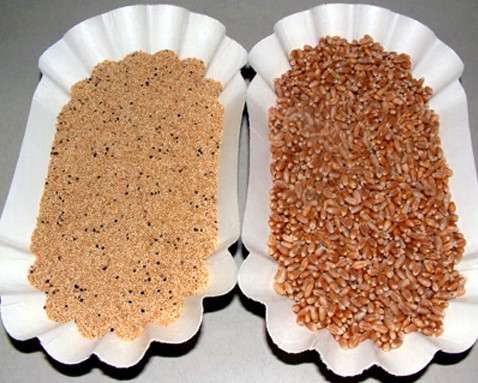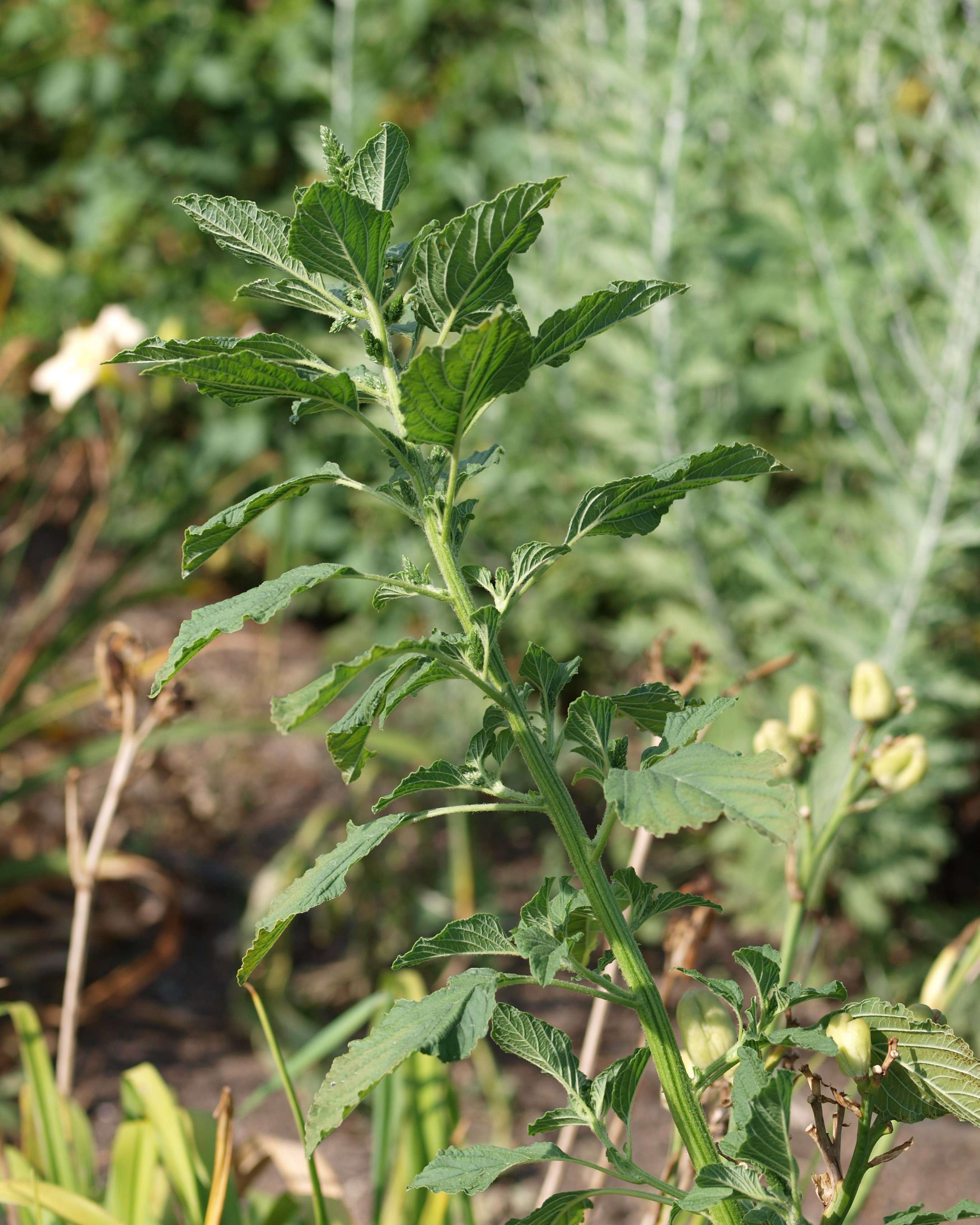
Amarnath has always been a part of traditional cooking in India, but modern cooking techniques are possibly overlooking this incredible food item. The seeds or leaves of Amarnath are regarded as the superfood for good health. It has so many positive benefits of grains, without really being a grain, and its nutritive standards are certainly off the charts. It is also named ‘Amaranthus’ and is translated into ‘amar’ in Hindi, and with its additional Sanskrit roots, it translates to something which does not die or fade. The rise of this ancient superfood to modern food glory can also be directly credited to its gluten-free status. There are many other health benefits of this superfood, and some of them are as follows.
1. Full of Antioxidants and Minerals:
Amarnath is full of antioxidants, which are naturally occurring compounds that help protect against harmful free radicals in our body. Those free radicals can damage cells and contribute to the development of long-lasting disease. Some studies have found that Amarnath is particularly high in phenolic acids, which are plant compounds that act as antioxidants. And with the source of health-promoting antioxidants from Amarnath, anyone can avoid such issues. This amazing item also has higher mineral content, and its leaves are also high in vitamin C, vitamin E, vitamin A and folate. Besides, it has calcium, iron, phosphorus and most significantly manganese than most other vegetables, more protein per cup than oats, crucial amino acids, more digestible proteins than wheat, more fibre and low carbs.
2. Amarnath may help reduce your inflammation:
Inflammation is a just general immune system response. It is designed to protect the body against any injuries and infection in the body. However, any type of continuing inflammation can cause chronic disease and it has been associated with conditions like cancer, diabetes and other autoimmune disorders. In one test-tube research, Amarnath was found to reduce some signs of inflammation in the body. Several other studies have also found that Amarnath may help reduce the inflammation in the body.
3. Amarnath is naturally Gluten-free:
Amarnath can be enjoyed by those people who are on a gluten-free diet. Gluten is a type of protein that is found in grains such as wheat and barley. For people who have celiac disease, eating gluten can trigger an immune response in their body, causing damage and inflammation in the digestive zone. And those with gluten sensitivity may also experience some negative symptoms, including diarrhoea, bloating and gas. While many other grains are consumed with gluten, Amarnath is naturally gluten-free and can be enjoyed with a gluten-free diet.

Source: commons.wikimedia.org
4. Helps boost your immunity:
Nowadays, strong immunity is what we all crave, and adding some Amarnath leaves to your regular diet can really help you with it. It is a water-soluble vitamin and is needed for fighting off infections and for quicker wound healing. It likewise supports cutting some effects of free radicals in the environment which are responsible for ageing and some severe diseases. The green leaves of Amarnath are quite rich in vitamin C. By just having 100 grams of the leaves, it will give you around 70% of your daily requirement of vitamin C.
5. Helps in weight loss:
If you are thinking about losing weight with some naturally healthy options, you should certainly start adding Amarnath to your regular diet. It is rich in fibre and protein, both of which help in weight loss. The fibre in Amarnath transfers quite gradually in the body and remains undigested inside the gastrointestinal tract that helps in promoting the feeling of fulness. Research has proved that a high-protein breakfast helps in decreasing ghrelin levels, which is the hunger-stimulating hormone. Some increased fibre intake also supports lowering the risk of gaining body fat and weight.
Amarnath can be used in the diet because of its unique and healthy properties, however, one should also recommend their physician if they want, before making any major changes. Adding Amarnath to your diet is also quite easy and its seeds are also available in stores. you can use them to make wholesome breakfast cereal. They can be toasted lightly and also added to salads, or you can use them as an additive to wheat flour to make nutritious rotis. You can also cook them like rice or sauté with your favourite vegetables. And by simply roasting them, you can easily make a delicious and healthy snack for yourself.
____________________________________
Reference:
- www.healthline.com
- www.goldenrainmicrogreens.com
